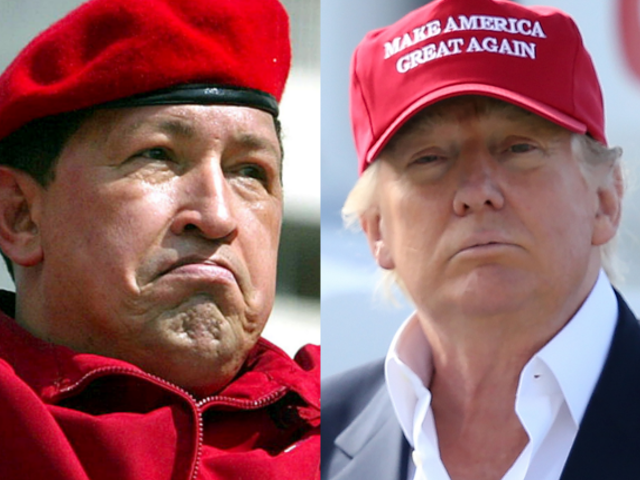
(Source: Getty)
Latin America
Soon after being elected, President Mauricio Macri reached a deal with international creditors to repay Argentina’s outstanding debt. The agreement will allow Argentina to re-enter the international credit market and borrow funds with some reliable measure of repayment for creditors for the first time since 2001. National and sub-national governments rely on borrowing funds for social spending, infrastructure and other national projects, and while many have debt and deficits, their credit rating can make or break most policy decisions.
The popular support for the Néstor and Cristina Kirchner, a presidential couple that took the reigns of the Argentine Presidency after the failure of successive presidents during the 2001 economic crisis, faltered after years of populist policy decisions. They ranged from nationalizing Spanish oil companies to talking about re-asserting Argentinian sovereignty over the Falkland Islands. In addition, the murder of a judicial investigator who was in the process of linking the Presidency with terror acts against the Jewish community in Argentina contributed to Cristina’s demise.
During the Kirchner years, the animosity in dealing with international creditors prevented an agreement on repaying old debt obligations from being established. While there are several valid reasons why Argentina and other Latin American countries perceive international commercial interests as detrimental to their domestic constituencies, the exclusion from international credit markets has stunted the country’s economic growth.
Popular movements do not always arise from the lack of social spending. In many cases there is a legacy of division, often spurned by elites challenging each other’s positions. Chavismo originated from a military leader focusing on redistributing the national oil wealth to his supporters while simultaneously alienating the rest of Venezuelan society. In Brazil, President Lula rose through the ranks of Brazil’s organized labor movement and was able to maintain popular support and high economic growth for many years thanks to reforms undertook in the previous center-right administration—the very people his party demonized.
Currently those populist movements have reduced both Venezuela and Brazil into economic basket cases (the former is in a much more desperate situation than the latter), with Venezuela flirting with disaster after the abysmal drop in oil prices and Brazil suffering from a simultaneous economic and political crisis. Indeed, Lula’s and Dilma’s Workers Party is accused to have taken billions in bribes from local and international firms in exchange for inflated contracts.
North America
In the United States, the Clinton-Trump race is increasingly resembling a dispute between two populists, with policy platforms being set aside in an attempt to portray the other as the elites’ candidate. As Trump distances himself from the Republican party establishment, his supporters are mystifying the media by voting for their anti-establishment candidate who wins because he allegedly does not represent Washington’s elites.
Surprisingly, the Clinton campaign may have a harder time of “under-eliting” its New York real estate billionaire opponent. Hilary Clinton is seen as a Washington D.C. insider, unable of winning the disillusioned hearts and minds of voters. Bernie Sanders seems to better understand this, but he does not have sufficient backing to win the institutional party support he needs to beat Clinton in the Democratic primary.
Another good example of populism is Justin Trudeau’s election as Canada’s Prime Minister. The new PM has already endangered a healthy economy with unrealistic and ill-conceived policies, leading to threatening debt projections and celebrities openly challenging his decisions. In addition, his party previously contributed to the production of the largest sub-national debt in the world in Ontario, a province that makes up half of the Canadian population.
While Latin America is slowly turning its back away from its populist policies, it looks like North America might give it a shot.